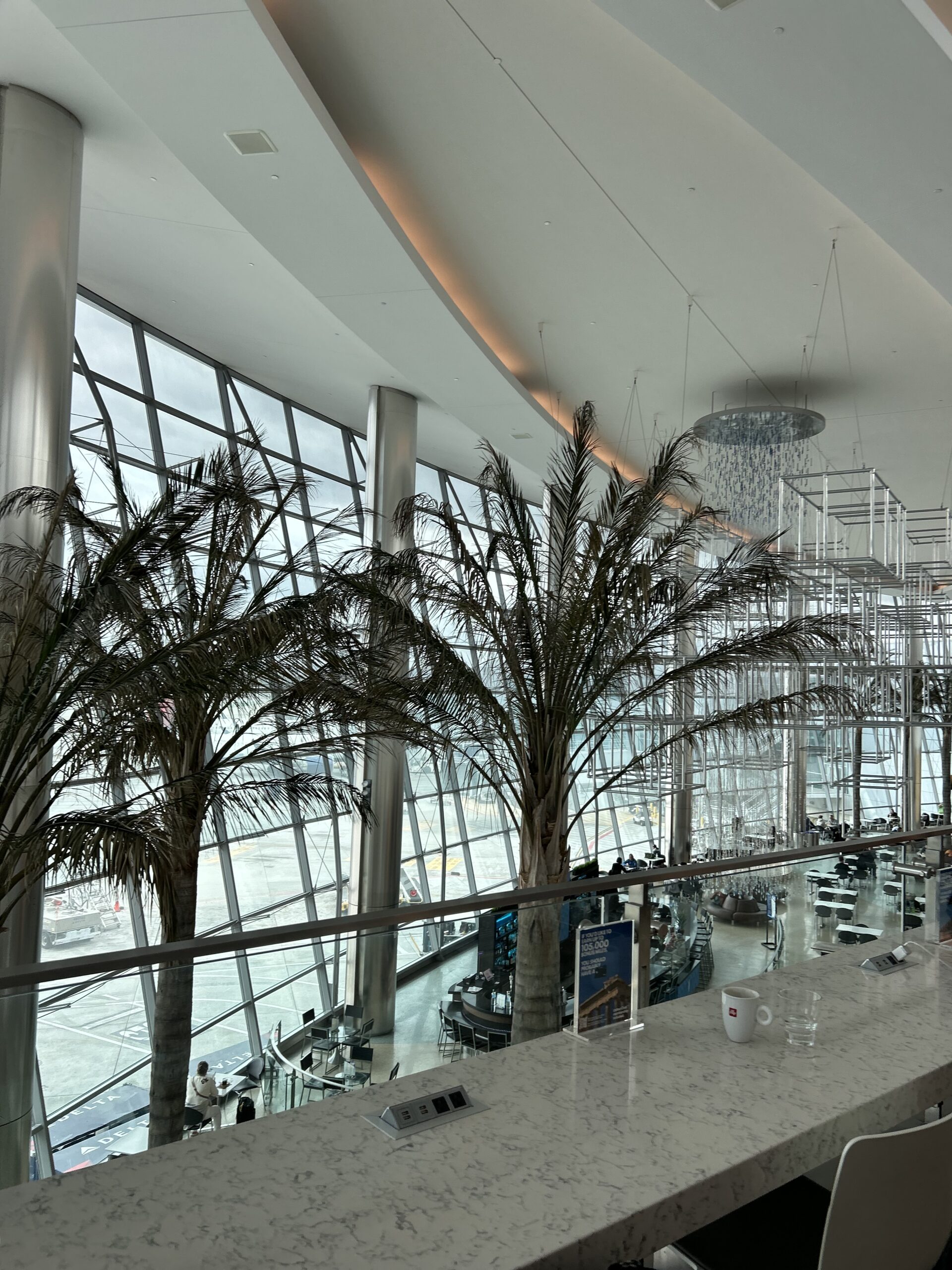ACLU pleads with Supreme Court on deportation flights case, accusing Trump of dodging order
Attorneys for Venezuelan migrants who fear they will be deported to a Salvadoran prison have asked the Supreme Court to review the legality of the move, arguing the Trump administration has not complied with an earlier order requiring they be given adequate time to contest their deportation. The filing from the American Civil Liberties Union...

Attorneys for Venezuelan migrants who fear they will be deported to a Salvadoran prison have asked the Supreme Court to review the legality of the move, arguing the Trump administration has not complied with an earlier order requiring they be given adequate time to contest their deportation.
The filing from the American Civil Liberties Union (ACLU) details the swift actions on deportations by the Trump administration under the Alien Enemies Act over the weekend. It says the administration gave people less than 24 hours notice they may be deported and never told them they could be imprisoned in a notorious Salvadoran prison.
The ACLU made what it called an extraordinary request to review the legality of whether President Trump can deport migrants under the Alien Enemies Act based on assertions they are gang members.
The matter has already twice come before the Supreme Court for review.
Earlier this month the high court ruled that the Trump administration must give migrants “reasonable” notice to file a habeas petition to challenge their deportation. And then in the early hours of the morning Saturday, it intervened, blocking for now Trump’s planned resumption of deportation flights.
“Whatever due process may require in this context, it does not allow removing a person to a possible life sentence without trial, in a prison known for torture and other abuse, a mere 24 hours after providing an English-only notice form (not provided to any attorney) that gives no information about the person’s right to seek judicial review, much less the process or timeline for doing so,” the ACLU wrote.
“Nor, critically, did the notice tell individuals that although they are Venezuelan, they may be removed to El Salvador.”
The ACLU described a hasty scene in which the government was notifying and moving migrants on Thursday and Friday. In arguments later Friday, the Trump administration said it could not rule out potential Saturday flights.
The ACLU said migrants were given “a mere 24 hours (or less)” before being loaded into buses headed towards the airport, arguing that “under no plausible understanding of this Court’s ruling is that notice protocol satisfactory.”
“The government does not deny that dozens of class members were set to be removed Friday evening. Nor does the government deny that if it had delivered class members to the notorious Salvadoran CECOT prison, it would have taken the position that they cannot be returned, even if unlawfully removed,” the ACLU wrote.
The ACLU asked the Supreme Court to require the government to give 30 days notice before removing anyone under the Alien Enemies Act, providing the notice in Spanish as well as English and to notify any individual attorney as well as the ACLU. It also asked the Supreme Court to require the government to specify if they plan to take them to a Salvadoran prison.
The ACLU asked the court to take up the case before it has worked its way through the lower court system — a highly unusual request.
The court must “review the weighty question whether the AEA can be invoked outside of wartime against a criminal organization and for only the fourth time in U.S. history,” the ACLU wrote.
It argued that an earlier Supreme Court ruling requiring migrants to challenge their removal where they are detained has led to a growing number of cases and means the court will face the question “again and again.”
The Justice Department over the weekend asked the court to clarify whether it may still remove migrants under the Alien Enemies Act who haven't directly challenged the law. It also asked whether it may still remove Venezuelan migrants to El Salvador under regular immigration authorities.









































































